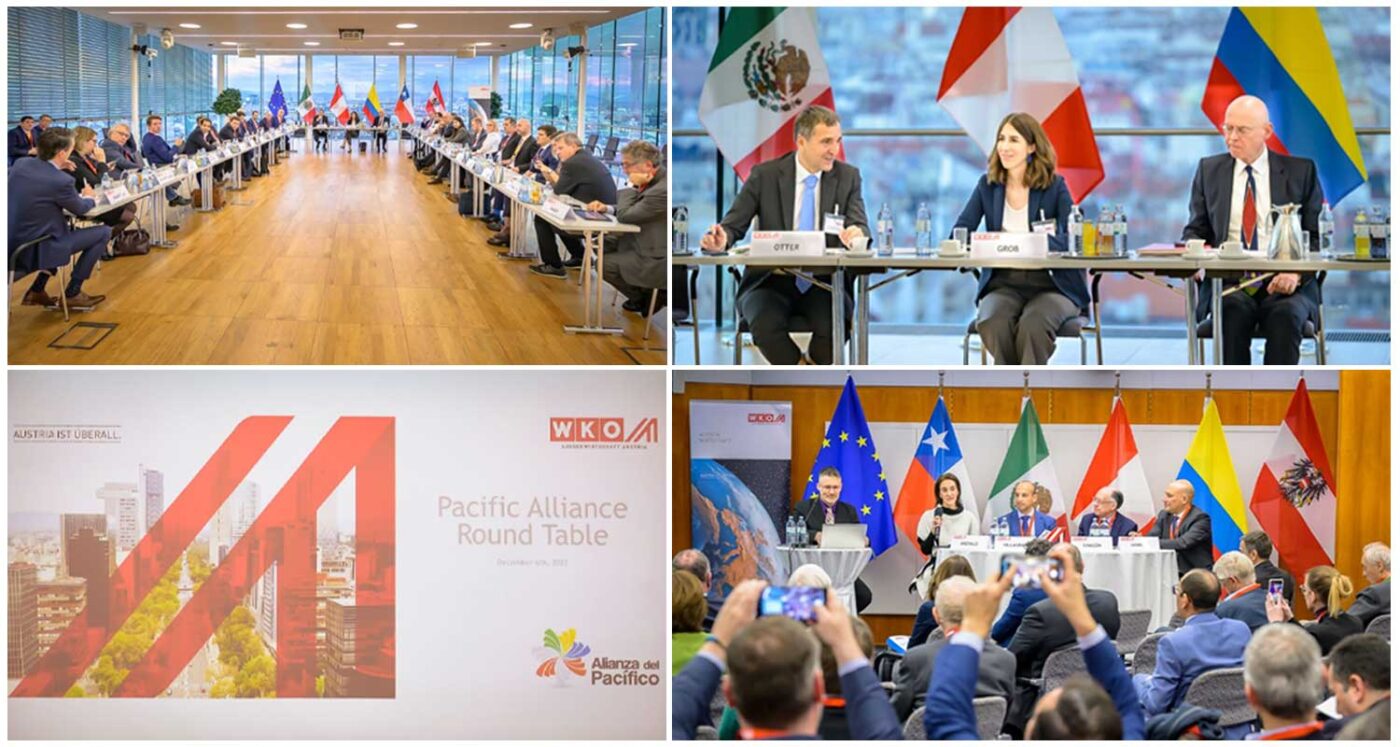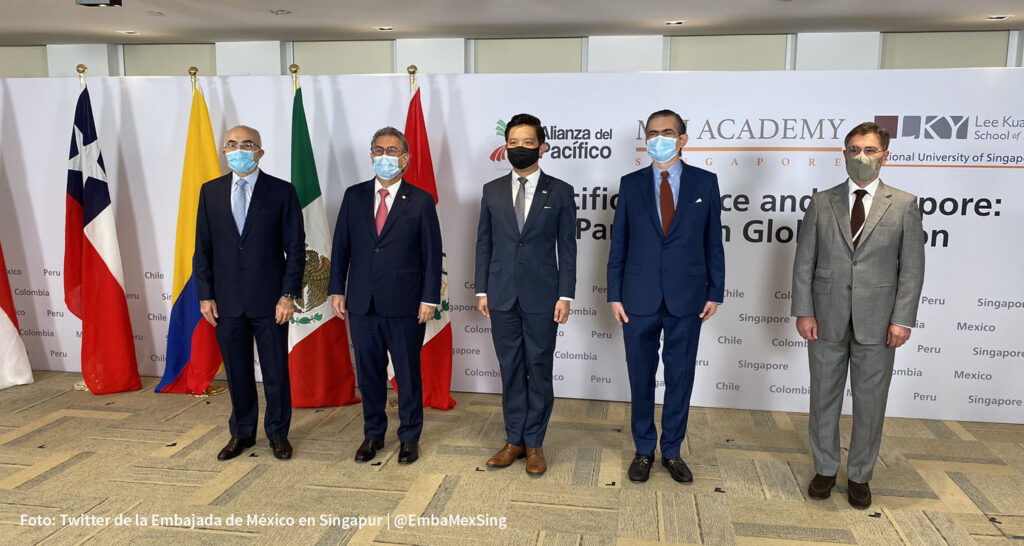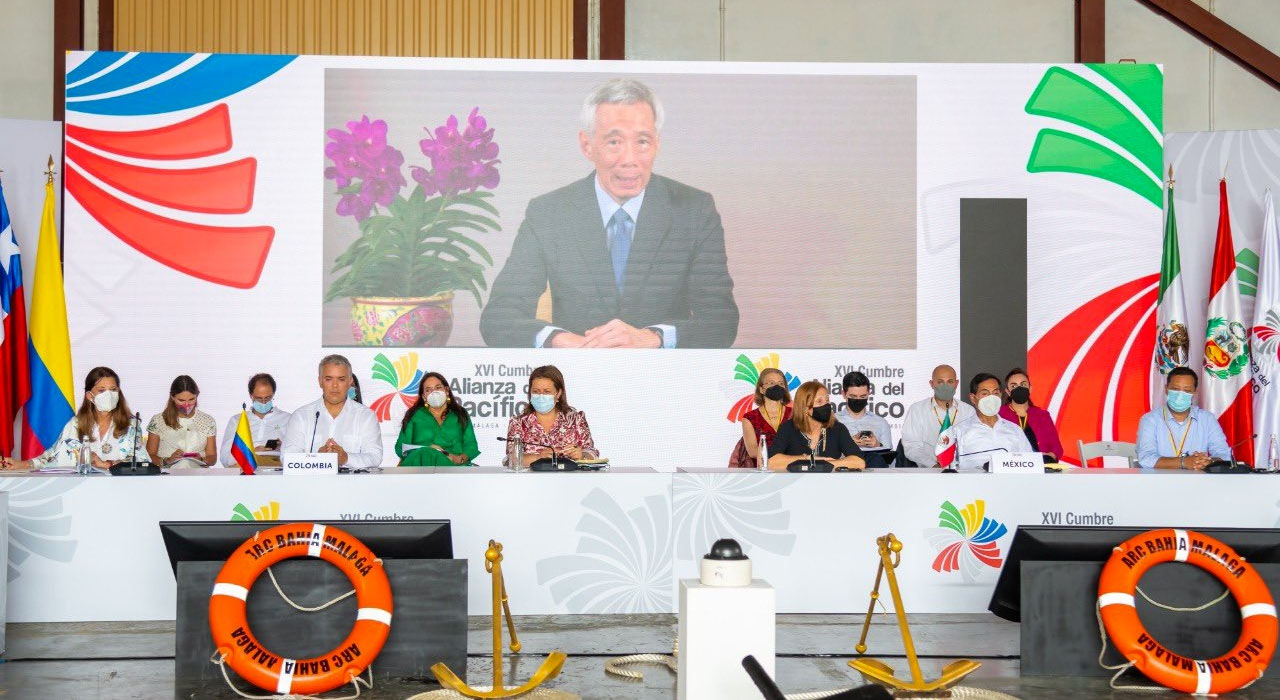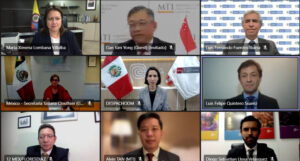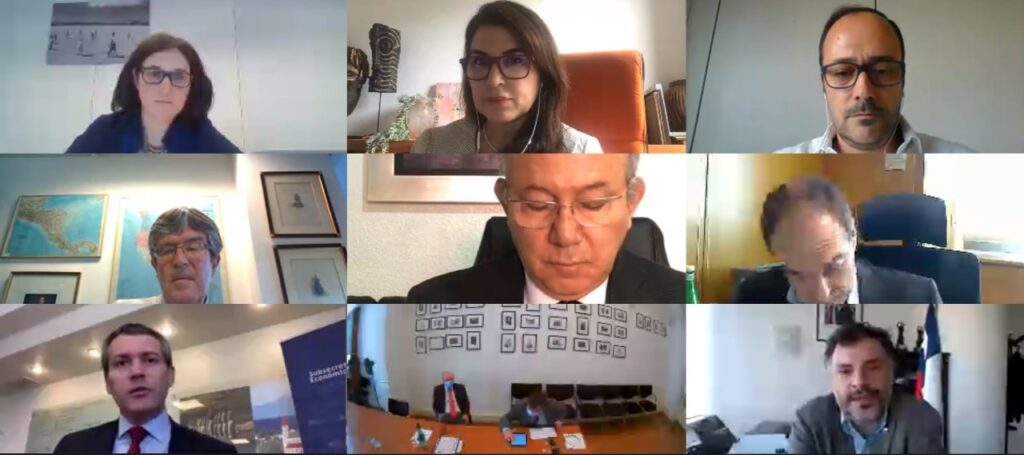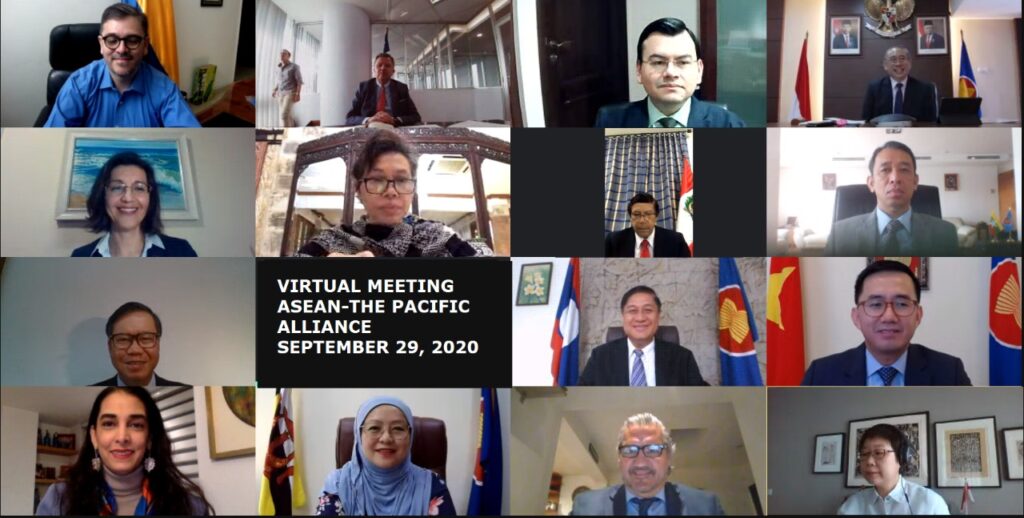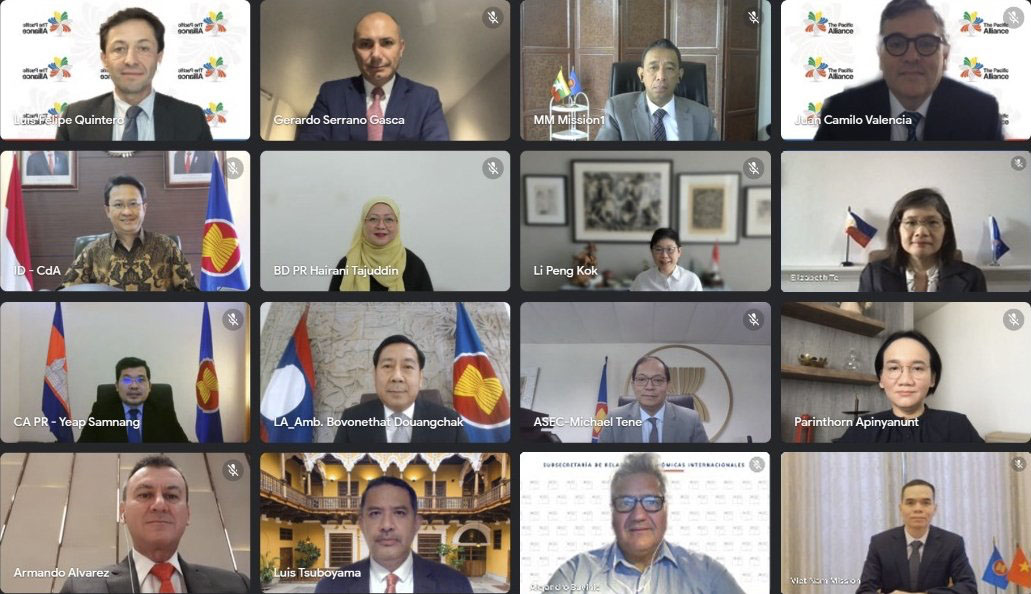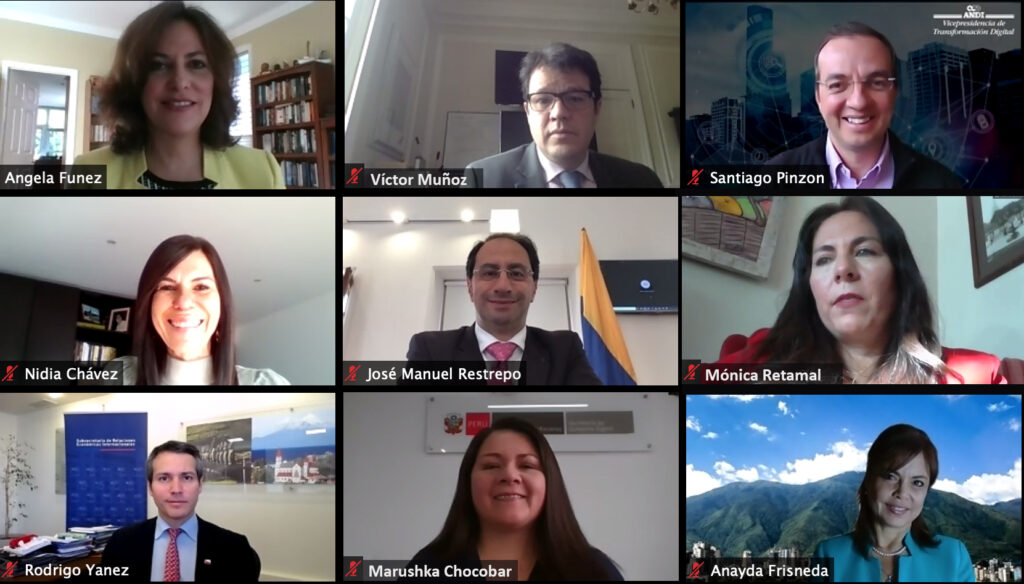More than a hundred representatives of the public and private sectors of the four countries that make up this regional integration mechanism discussed different actions that contribute to implementing the roadmap of the Pacific Alliance for the sustainable management of plastics.
October 29th, 2020. With the presence of environmental authorities from the four countries of the Pacific Alliance -Chile, Colombia, Mexico and Peru-, a virtual public-private dialogue on sustainable management of plastics was held today, with the support of the Inter-American Development Bank (IDB), and is part of the roadmap developed by the Technical Group on Environment and Green Growth of the PA for the implementation of the Presidential Declaration on Sustainable Management of Plastics, adopted at the Lima Summit in July 2019.
This Presidential Declaration establishes the commitment to work on the analysis and development of initiatives that contribute to the integral management of plastics, including topics such as the regulation of single-use plastics, innovation, research and development, consumer education and information, use of substitute products, and reduction of the impact of plastic waste on ecosystems, among others.
In his speech, Javier Naranjo, Undersecretary of Environment of Chile, country that holds the pro tempore presidency of the Pacific Alliance, highlighted that “in Chile, we understand that the sustainable management of plastics is a problem that transcends borders and, therefore, cannot be addressed only from national policies, but requires joint action both between countries and between different sectors, including the important contributions that may come from the private sector, academia and society in general”.
The Vice Minister of Environmental Management of Peru, Lies Linares, explained that “the Peruvian government has been promoting the proper management of plastic goods considering their entire life cycle, as an integral part of the commitment to the transition to a circular economy. This momentum will be strengthened with the collaboration and participation of all actors in the economy linked to plastic, and in which the alliance between fraternal countries, such as the Pacific Alliance, will allow to promote more sustainable economies as a regional bloc, thereby multiplying the positive impacts of this commitment”.
Meanwhile, the Undersecretary of Promotion and Environmental Regulation of Mexico, Tonatiuh Herrera Gutiérrez, added that “the sustainable management of plastics requires shaping management between the different countries. It is important to emphasize that the circular economy cannot be conceived without design and requires the involvement of consumers, producers, recyclers and authorities, as well as the importance that the effort must start from the communities.
The Pacific Alliance’s roadmap for the sustainable management of plastics identifies eight areas of action: (1) Regulation, good practices and public policies; (2) Innovation, research and business transformation; (3) Plastic waste management and recycling; (4) Circular economy; (5) Financing; (6) Education, information and citizen transformation; (7) Trade; (8) International cooperation.
During the dialogue, it was sought to identify concrete actions for public-private collaboration within the framework of the PA’s roadmap. To do this, the attendees participated in different working groups that analyzed a topic respectively: (1) Innovation, research and business transformation; (2) Plastic waste management and recycling; (3) Circular economy; and (4) Regulation, good practices and public policies. Each group was led by a Pacific Alliance country. The results achieved by each group were then shared and will be considered by the Environment and Green Growth Group in the development of actions to implement the roadmap.
PACIFIC ALLIANCE PPT COMMUNICATIONS



